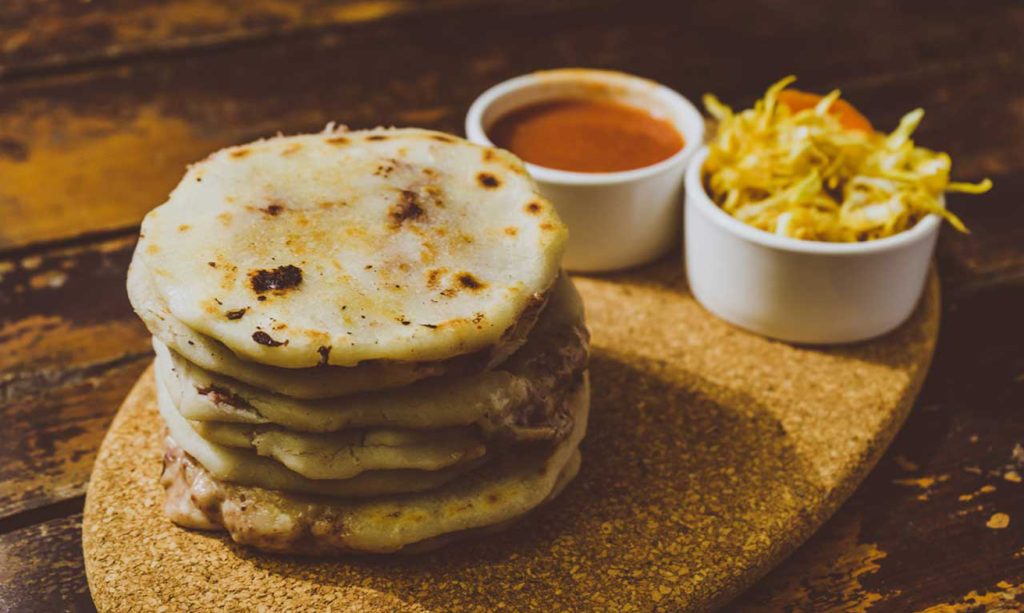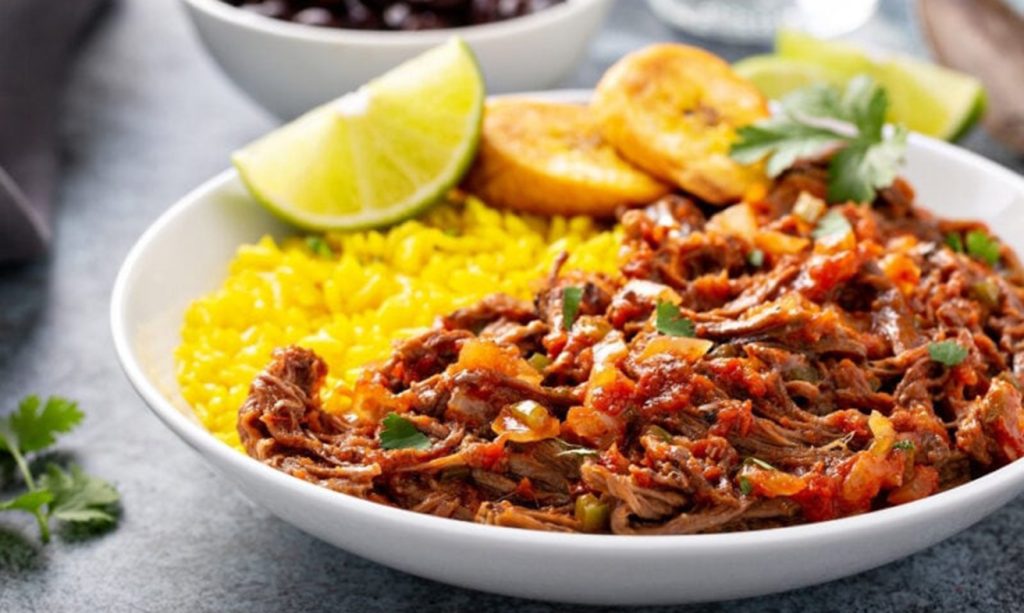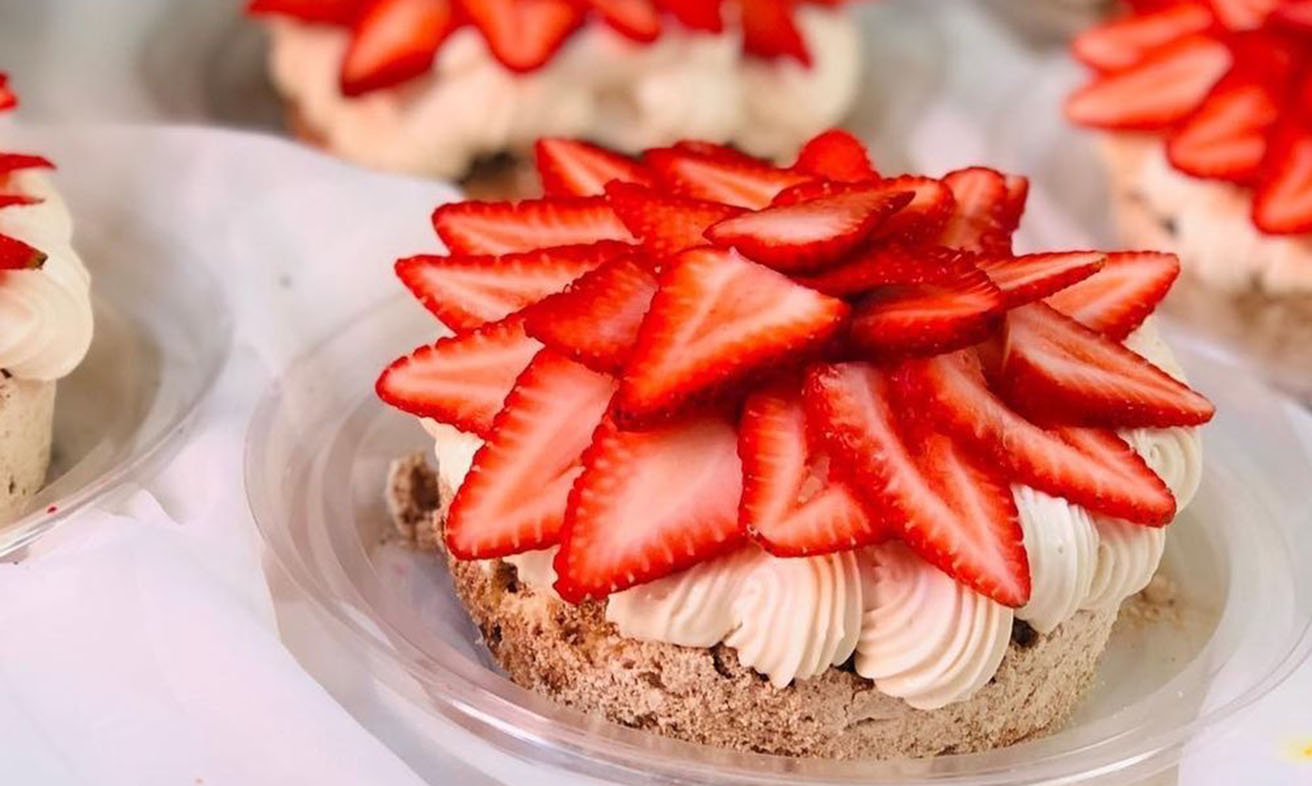El Salvador’s rich cultural heritage is beautifully reflected in its customs, traditions, and the mouthwatering flavors of its cuisine. From the warm greetings and sense of community to the tantalizing aromas and unique tastes, every aspect of El Salvador’s customs and cuisine offers a captivating journey into the heart of this vibrant country.
Customs:
Having immersed myself in the customs of El Salvador, I was captivated by the warmth and friendliness of the Salvadoran people. Their strong sense of community and respect for one another made me feel welcome from the moment I arrived.
Greetings in El Salvador are a personal affair, reflecting the country’s close-knit culture. Handshakes are common, but don’t be surprised if you receive warm hugs or cheek kisses, especially when meeting friends and family. This personal touch reflects the genuine care and affection Salvadorans have for their loved ones.
Respect for elders is deeply ingrained in Salvadoran society. It is customary to greet older individuals with a slight bow or nod of the head as a sign of reverence. Elders are highly regarded for their wisdom and experience, and their advice and opinions are often sought after and valued.
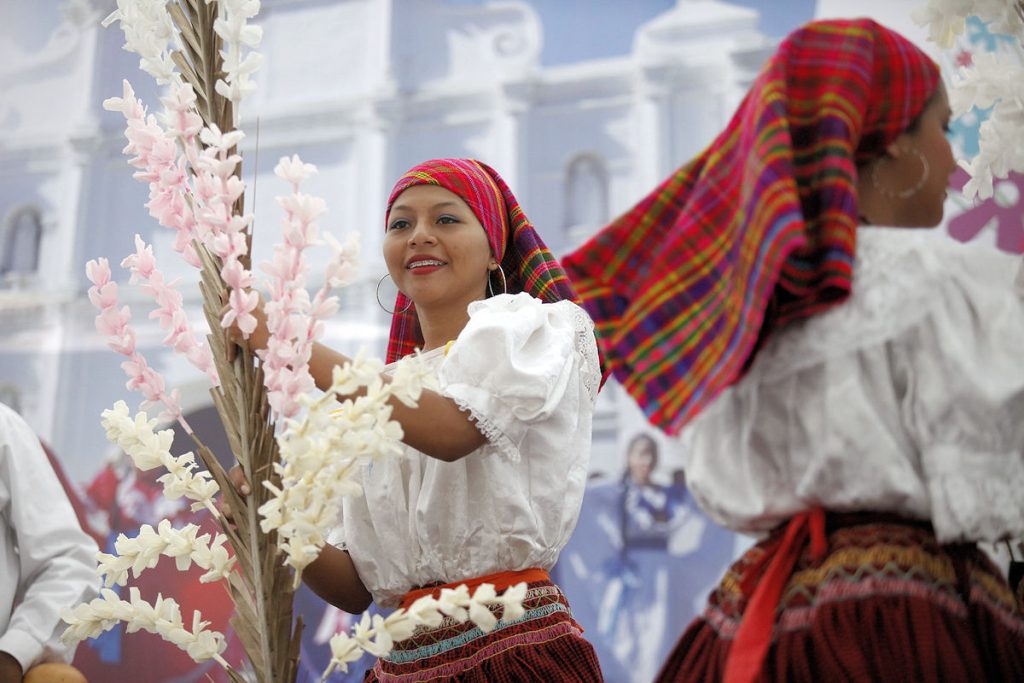
Festivals and celebrations hold a special place in Salvadoran customs, as they provide an opportunity for communities to come together and celebrate their heritage. The most notable celebration is El Salvador’s Independence Day on September 15th. This national holiday is marked by vibrant parades, spectacular fireworks displays, lively music, and traditional dances. The streets come alive with colorful decorations and joyful festivities, showcasing the pride and patriotism of the Salvadoran people.
Religious and cultural events are also celebrated with great fervor in El Salvador. Semana Santa, or Holy Week, is a significant religious observance leading up to Easter. During this time, elaborate processions and reenactments of the Passion of Christ take place, attracting both locals and visitors. Day of the Dead, known as Día de los Muertos, is another important cultural event where families honor and remember their deceased loved ones through colorful altars, traditional food, and visits to cemeteries.
These customs and celebrations highlight the rich cultural tapestry of El Salvador. The warm greetings, strong family values, and vibrant festivities provide a glimpse into the heart and soul of the Salvadoran people. By embracing and participating in these customs, I was able to forge meaningful connections and create lasting memories in this beautiful country.
Cuisine:
The national dish of El Salvador, the pupusa, stole my heart with its simple yet irresistible flavors. These thick corn tortillas are filled with a variety of ingredients, such as cheese, beans, or savory meats like pork or chicken. The combination of the soft, pillowy tortilla and the flavorful fillings is a true delight. Pupusas are often served with curtido, a tangy cabbage slaw, and tomato salsa, adding a refreshing contrast to the rich and comforting flavors.
Being a coastal country, El Salvador boasts an abundance of fresh seafood dishes that will please any seafood lover. Ceviche is a popular choice, featuring marinated raw fish or shrimp in a zesty citrus-based sauce. The combination of the fresh seafood and tangy flavors creates a refreshing and light dish. Another seafood specialty is camarones al ajillo, succulent shrimp cooked with garlic, served alongside rice and beans. The garlic-infused shrimp are packed with flavor and pair perfectly with the traditional accompaniments.
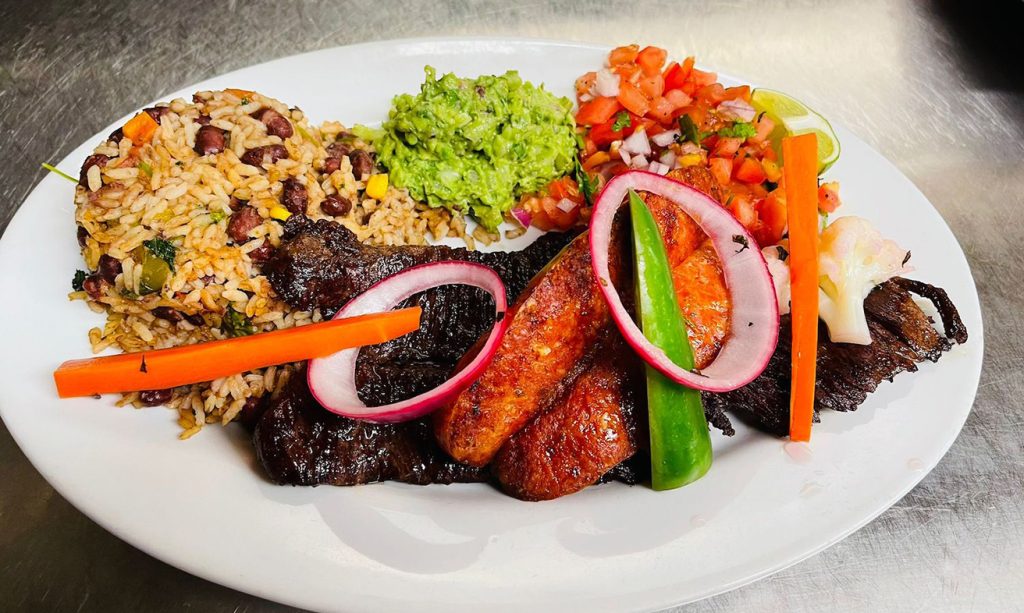
No exploration of Salvadoran cuisine would be complete without savoring the beloved tamales. Wrapped in plantain leaves, these steamed cornmeal pockets are filled with seasoned pork or chicken, creating a satisfying and flavorful treat. Tamales are often enjoyed during special occasions and holidays, showcasing the cultural significance of this traditional dish.
El Salvador’s culinary traditions also highlight the versatility and importance of corn. Yuca con chicharrón is a popular street food that showcases fried cassava served with crispy pork belly. The combination of textures and flavors creates a savory and hearty dish that will satisfy your taste buds.
For those with a sweet tooth, the Salvadoran quesadilla is a must-try. Unlike its Mexican counterpart, the Salvadoran quesadilla is more like a sweet cake made with a blend of cheese, rice flour, and cinnamon. Its unique texture and delightful sweetness make it a perfect accompaniment to a cup of locally grown coffee.
To quench your thirst, I recommend trying horchata, a refreshing drink made from ground rice, cinnamon, and milk. Its creamy and mildly sweet flavor is perfect for cooling off on a warm day. Another delightful option is atol de elote, a sweet corn-based drink flavored with cinnamon and vanilla. Its comforting and rich taste is a favorite among locals.
The customs of El Salvador, characterized by warmth, community, and respect, create an inviting atmosphere that welcomes visitors with open arms. The vibrant festivals and celebrations showcase the country’s deep-rooted traditions and provide an opportunity to immerse oneself in the local culture.
El Salvador’s cuisine, with its diverse flavors and unique dishes, is a true culinary delight. From the iconic pupusas and fresh seafood delicacies to the tantalizing tamales and sweet treats like quesadillas, the gastronomic offerings of El Salvador are sure to satisfy even the most discerning palate.
Exploring the customs and cuisine of El Salvador is not just about tasting the flavors or witnessing the traditions, but also about connecting with the heart and soul of the country. The customs reflect the warmth and hospitality of the Salvadoran people, while the cuisine tells the story of their heritage and culinary creativity.
I encourage you to embrace the customs, try the authentic dishes, and engage with the locals to truly experience the vibrant culture of El Salvador. Whether it’s savoring a pupusa from a street vendor, joining in the festivities of a local celebration, or simply sharing a warm conversation with a Salvadoran, you’ll create lasting memories and forge a deeper connection with this beautiful country.
